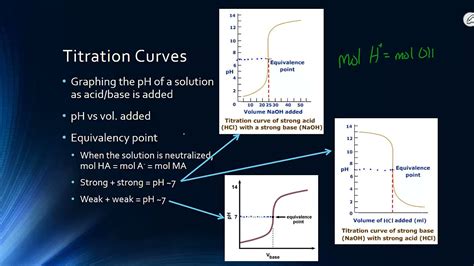Every year, thousands of high school students across the United States embark on the arduous journey of preparing for the Advanced Placement (AP) Chemistry exam. This demanding test not only assesses their understanding of fundamental chemical concepts but also serves as a gateway to college credit and placement. However, one of the most daunting aspects of the AP Chemistry exam is the infamous “curve,” which can make the difference between a coveted 5 and a disappointing 3.

Understanding the Curve
The AP Chemistry curve is a statistical adjustment applied to raw scores in order to ensure fairness and consistency across different test administrations. The College Board, which administers the AP exams, uses a variety of factors to determine the curve, including the overall difficulty of the exam, the distribution of student scores, and the need to maintain a consistent standard of performance across multiple years.
The specific details of the curve are not publicly released by the College Board, but it is generally understood that a higher proportion of students tend to score in the middle range (3-4), with fewer students earning extremely high or extremely low scores. This means that even on a difficult exam, it is possible to earn a high score by performing slightly better than the average student.
How the Curve Affects Your Score
The curve can have a significant impact on your final AP Chemistry score. For example, suppose you take two different versions of the exam that are of equal difficulty. On the first exam, you score 75% of the raw points, while on the second exam, you score 80% of the raw points. However, the curve for the first exam is more generous than the curve for the second exam. In this scenario, it is possible that you could earn a higher final score on the first exam despite scoring more raw points on the second exam.
Tips for Maximizing Your Score
While the curve can be a bit of a wildcard, there are certain strategies you can employ to maximize your chances of earning a high score on the AP Chemistry exam:
- Study consistently throughout the year: Don’t cram everything in at the last minute. Dedicate consistent time each week to studying and reviewing the course material.
- Focus on understanding the concepts: Don’t just memorize facts and formulas. Try to understand the underlying principles and relationships between different chemical concepts.
- Practice solving problems: The best way to prepare for the exam is to practice solving problems that are similar to the ones you will encounter on the actual test.
- Take advantage of resources: Utilize your textbook, notes, online resources, and teacher support to help you master the material.
- Stay positive and confident: The AP Chemistry exam can be challenging, but it is possible to do well. Stay positive and believe in your abilities.
Common Mistakes to Avoid
- Neglecting the multiple-choice section: The multiple-choice section accounts for two-thirds of the overall score, so it is crucial that you dedicate sufficient time to preparing for this portion of the exam.
- Spending too much time on any one question: The exam is timed, so it is important to manage your time wisely. Don’t spend too much time on any one question. If you’re stuck, move on and come back to it later.
- Making careless mistakes: Pay close attention to the wording of questions and make sure you are answering them accurately. Careless mistakes can cost you valuable points.
- Overestimating your abilities: It’s great to be confident, but don’t overestimate your abilities. Be realistic about what you can achieve and focus on maximizing your preparation within those limits.
Other Considerations
- The importance of a strong foundation: Your success on the AP Chemistry exam will depend heavily on your understanding of fundamental chemistry concepts. Make sure you have a strong foundation in topics such as chemical bonding, stoichiometry, and equilibrium.
- The role of experimental design: The AP Chemistry exam includes a significant component assessing your ability to design and conduct experiments. Familiarity with the scientific method and proper experimental techniques is essential for success in this section.
- Time management: The AP Chemistry exam is a timed test, so it is crucial that you develop effective time management skills. Practice taking timed exams and work on developing strategies to maximize your efficiency.
Conclusion
The AP Chemistry curve can be a challenging variable to navigate, but by understanding how it works and employing effective strategies, you can increase your chances of earning a high score. Remember to stay positive, work hard, and trust in your abilities. With the right preparation and a little bit of luck, you can conquer the AP Chemistry curve and achieve your academic goals.
